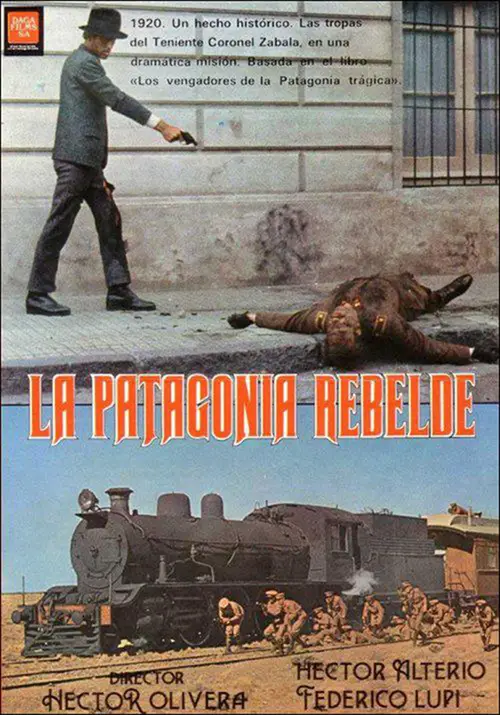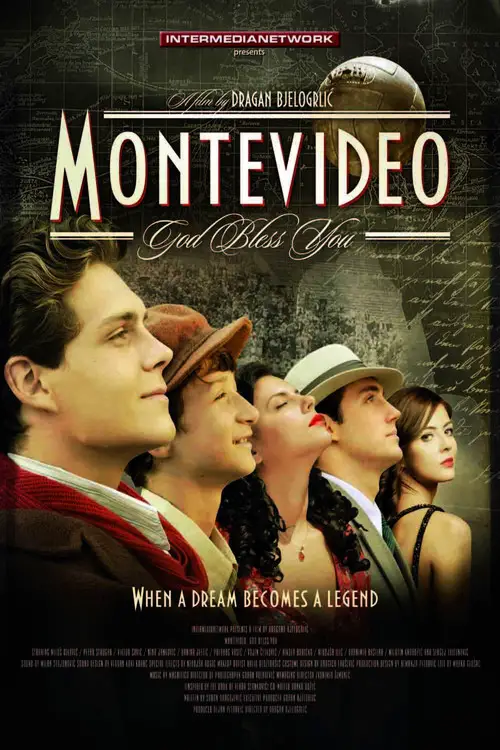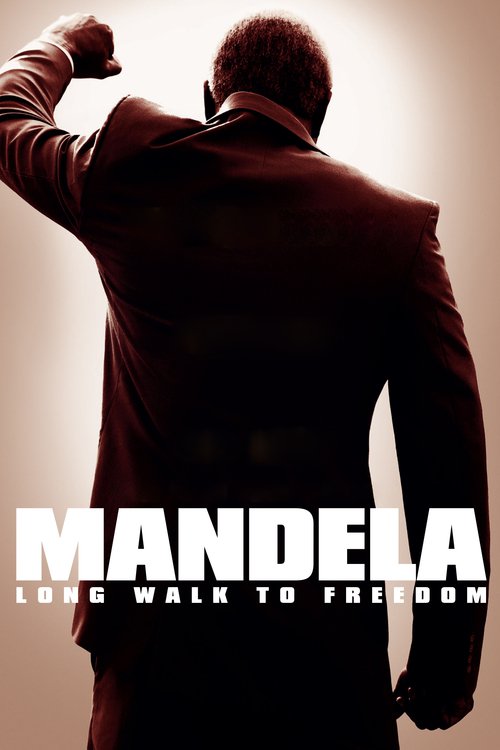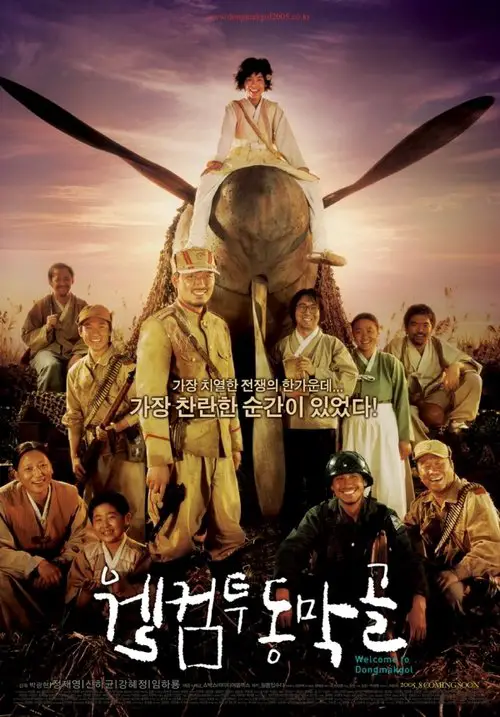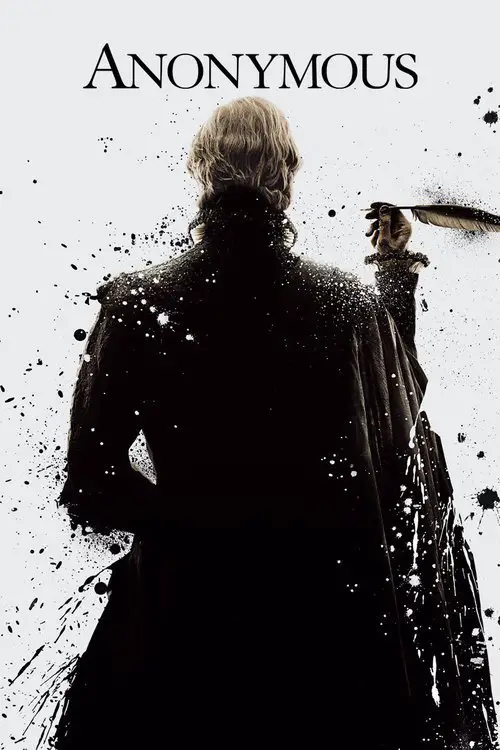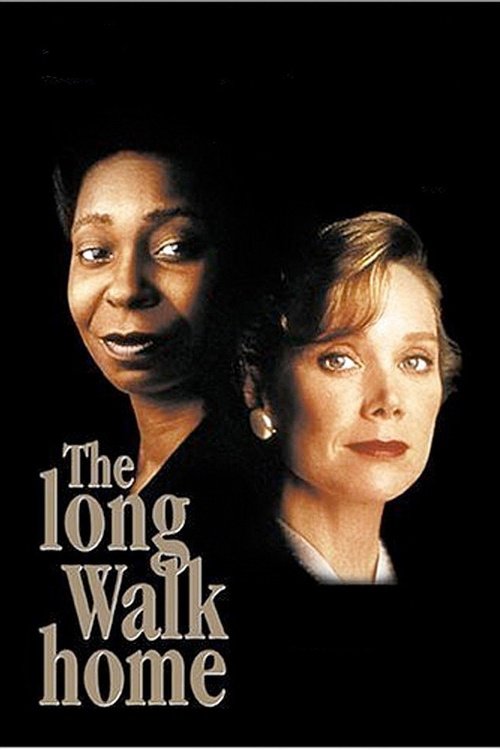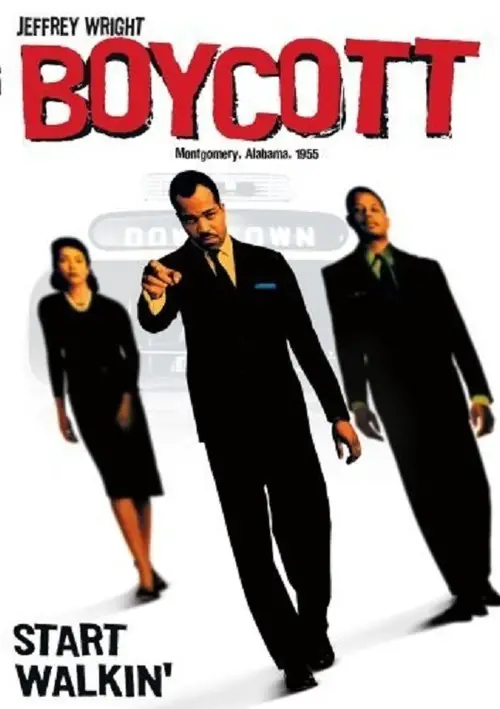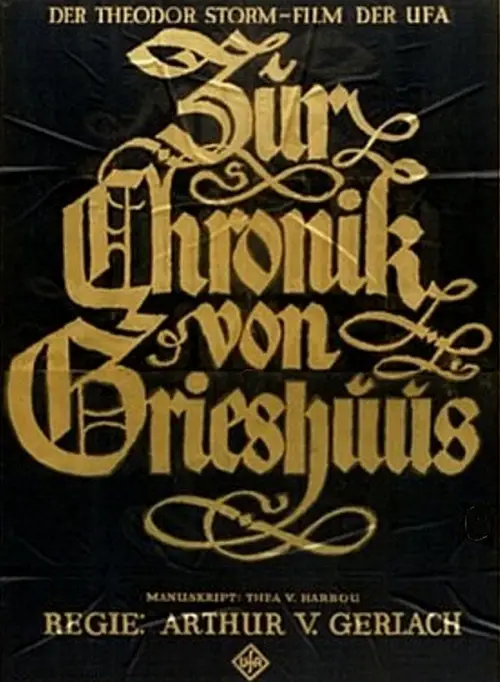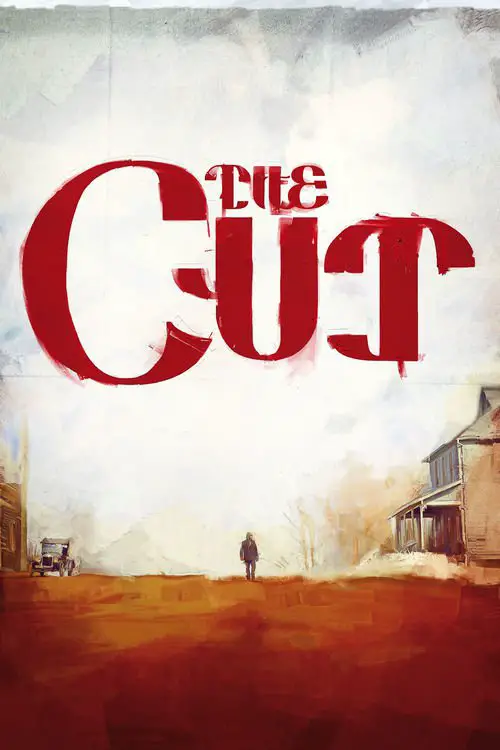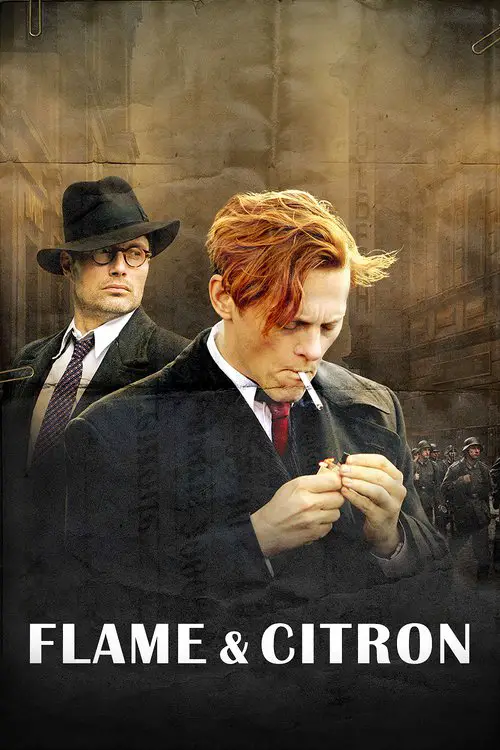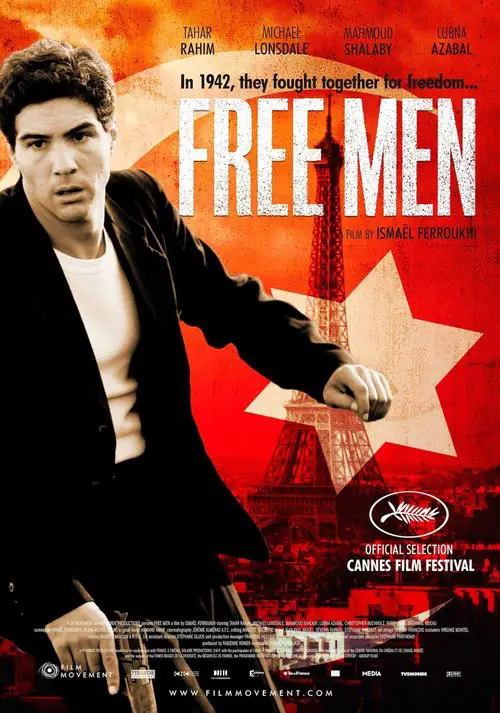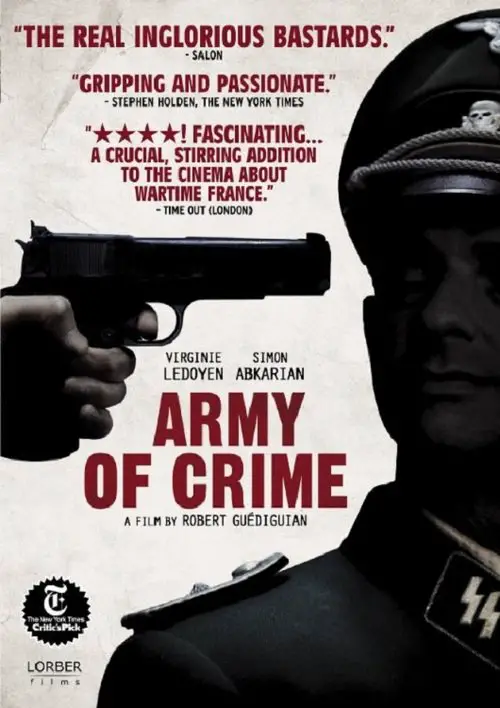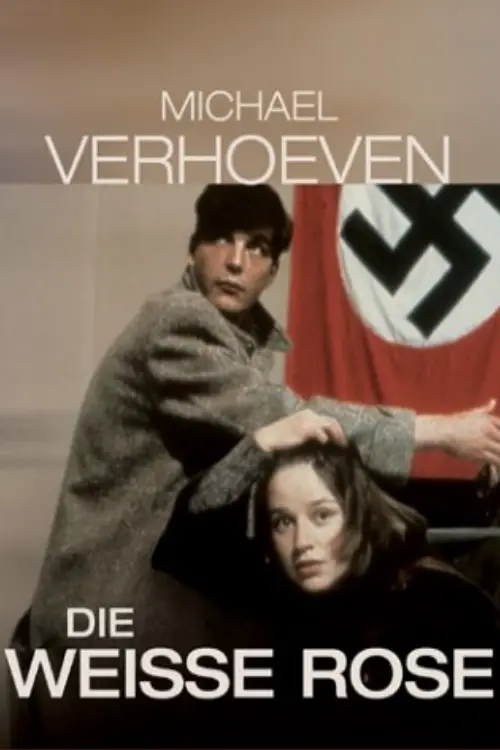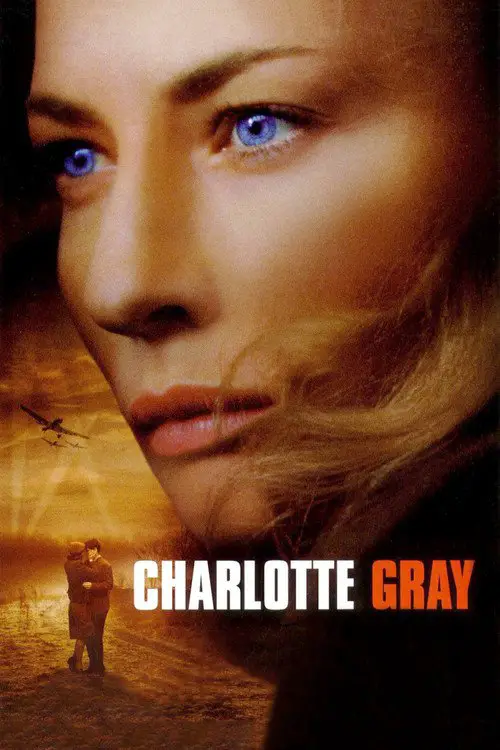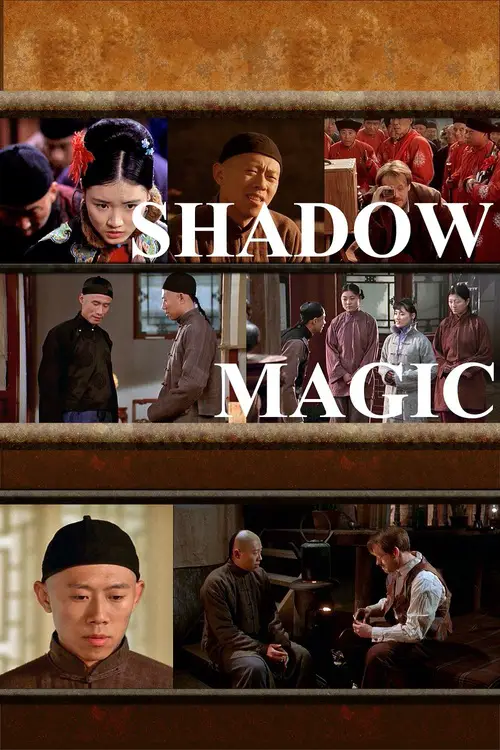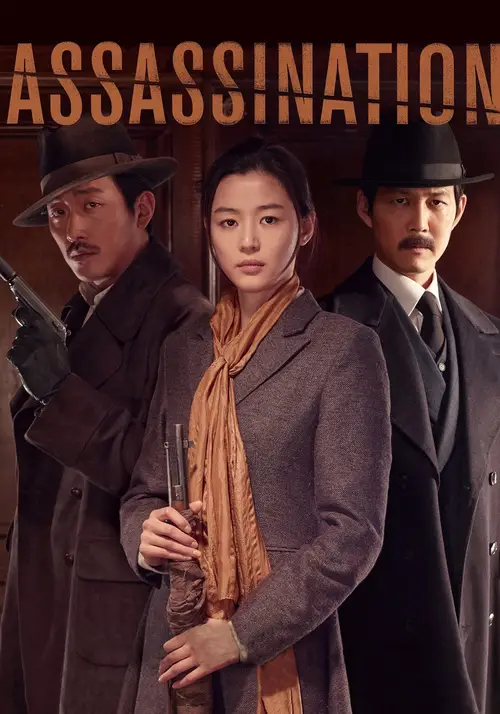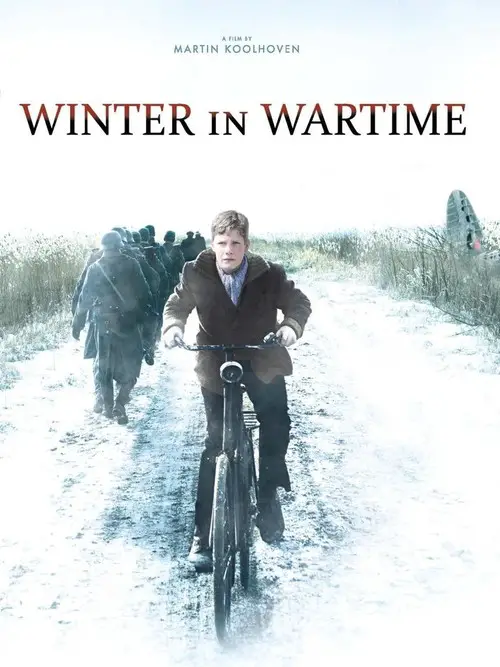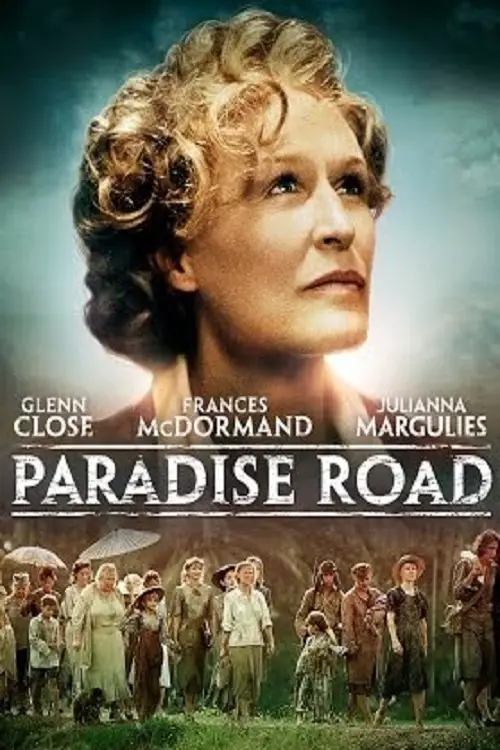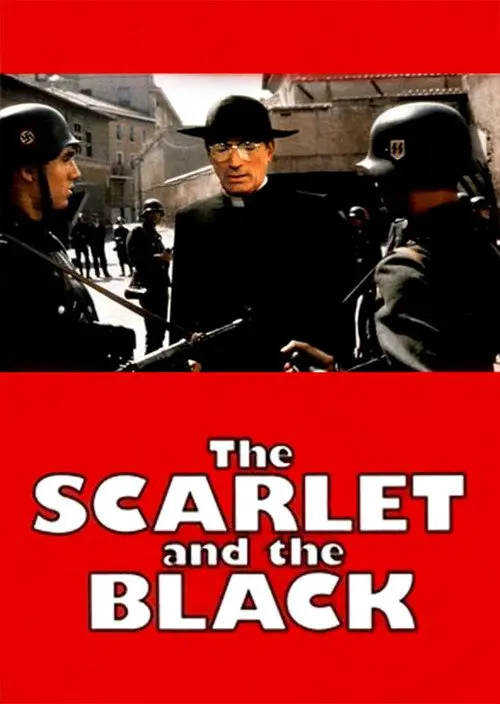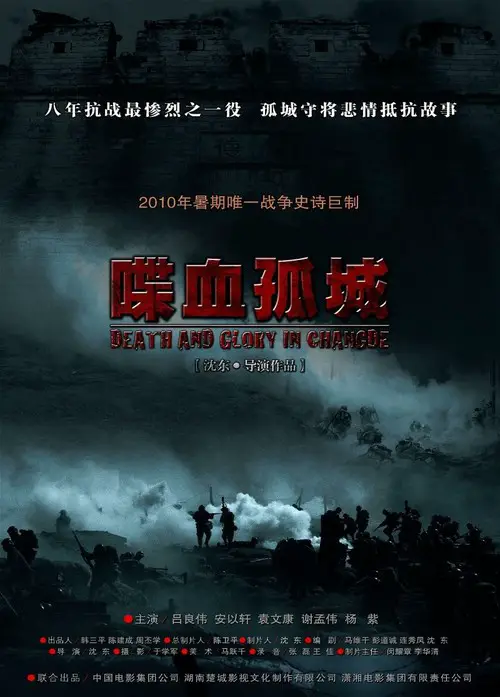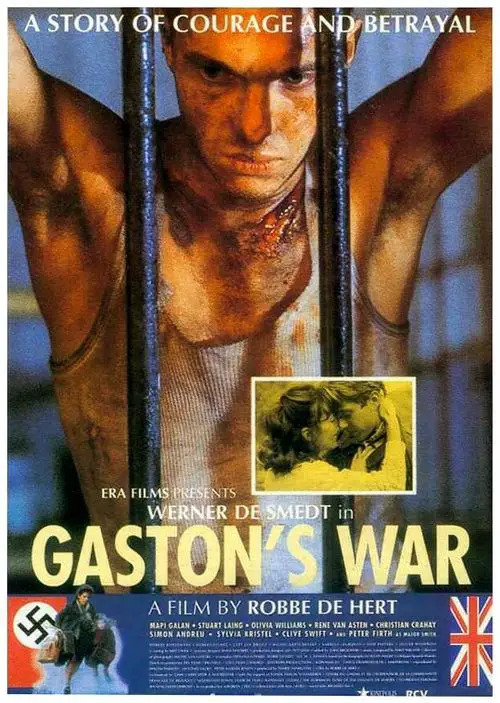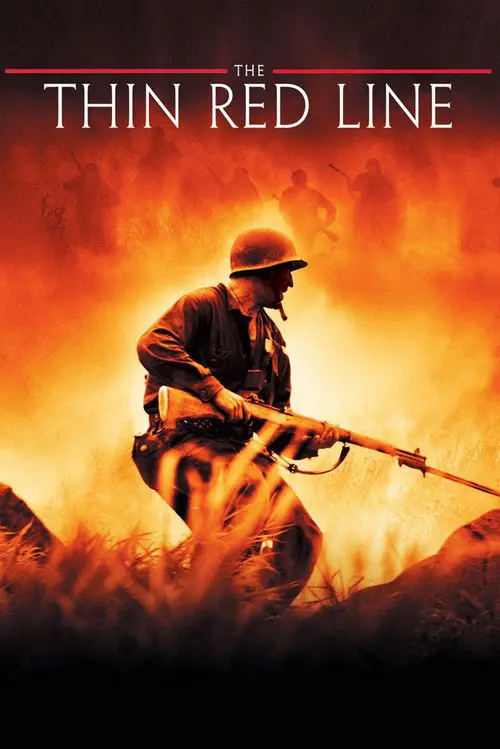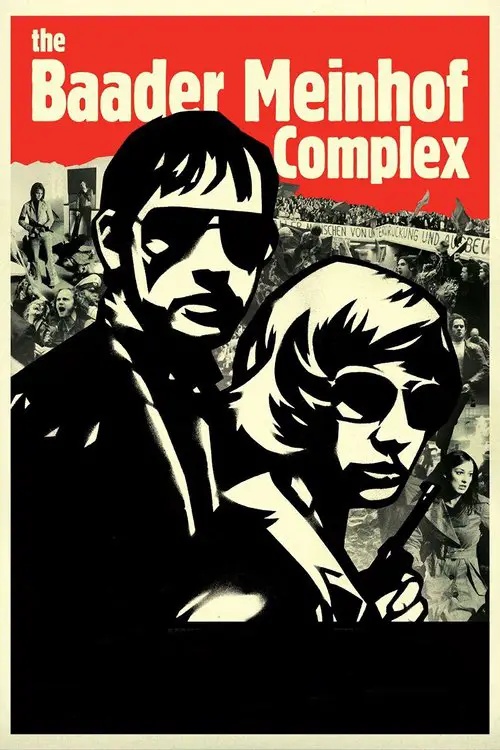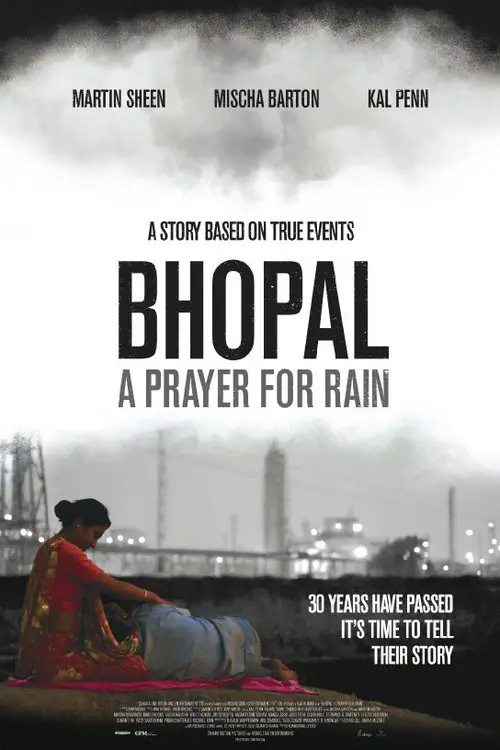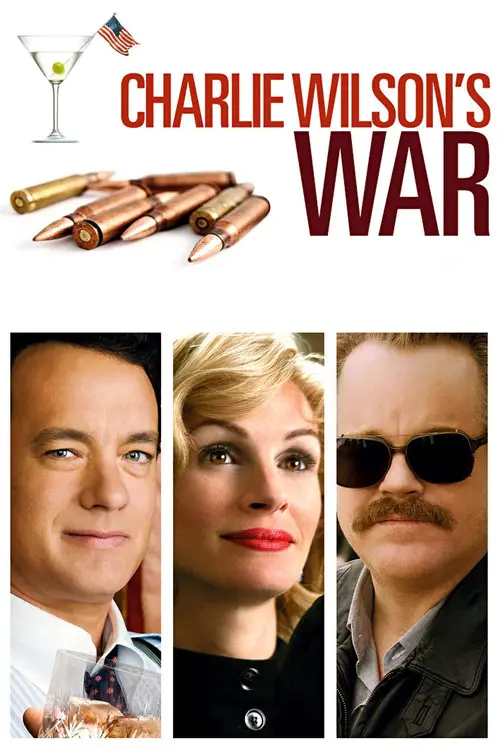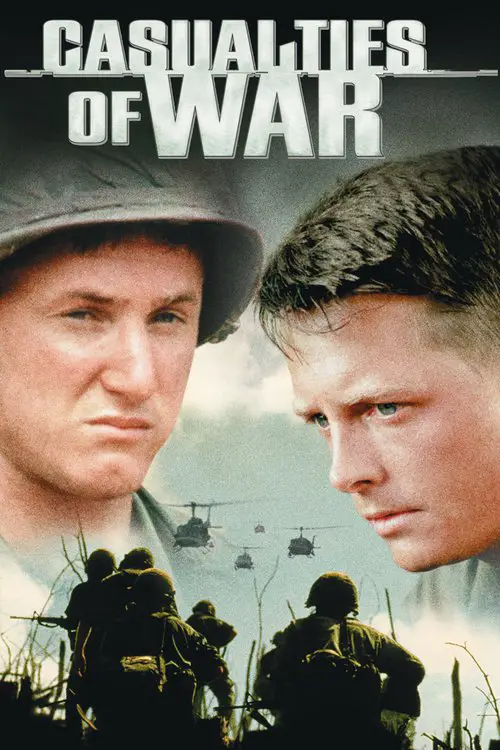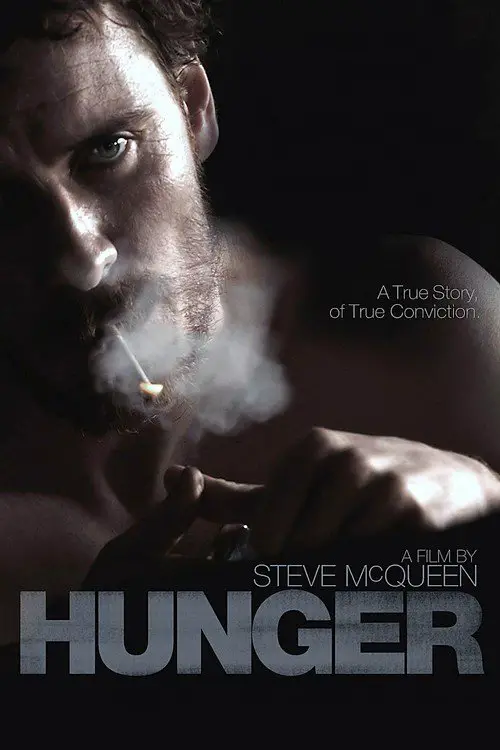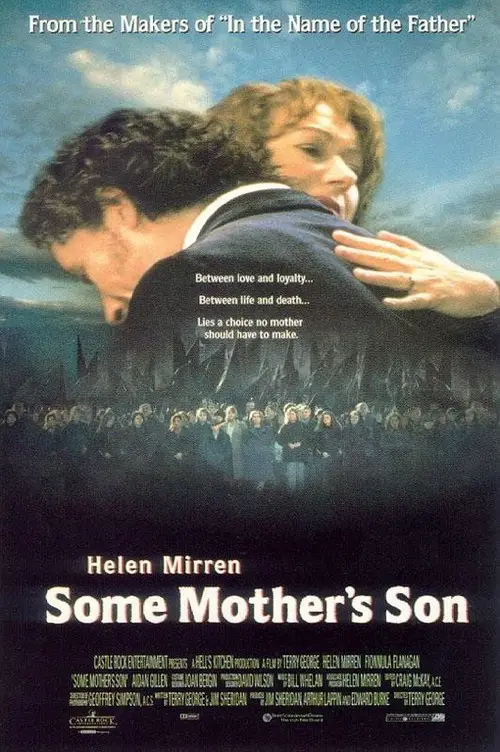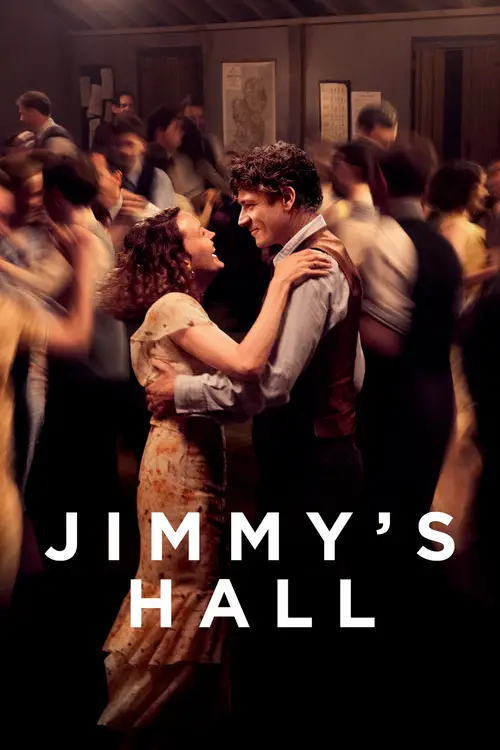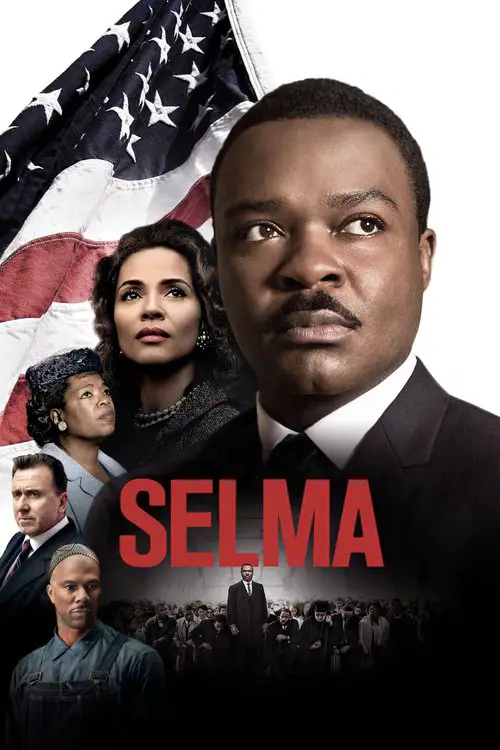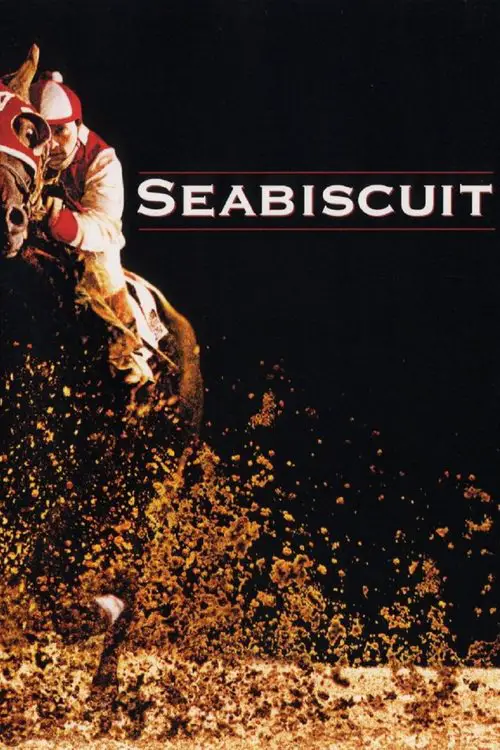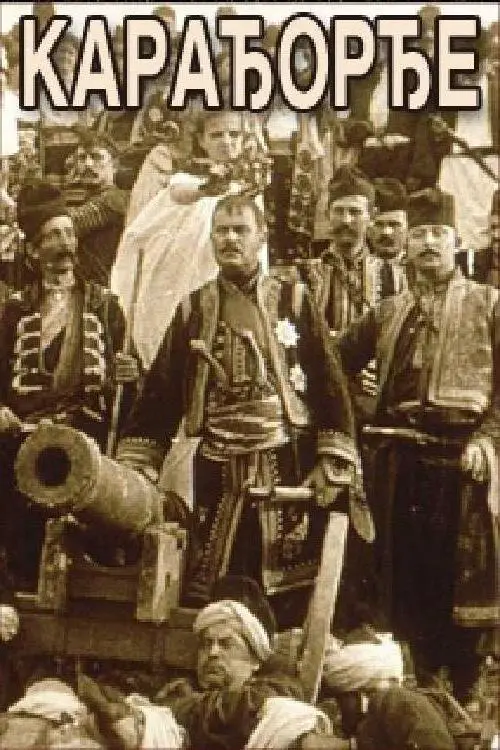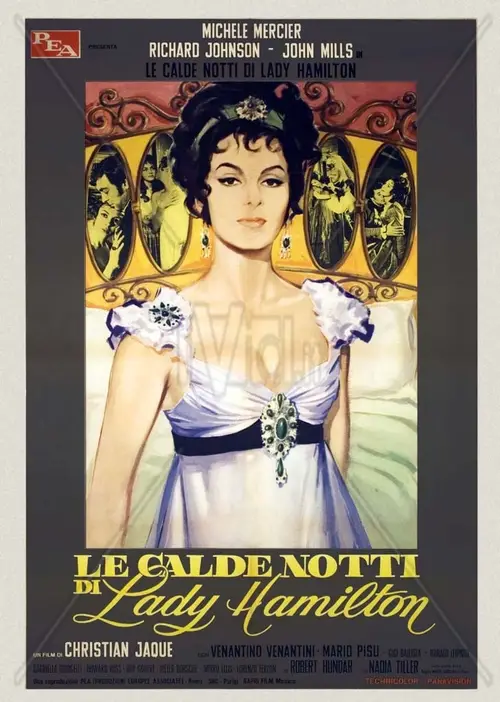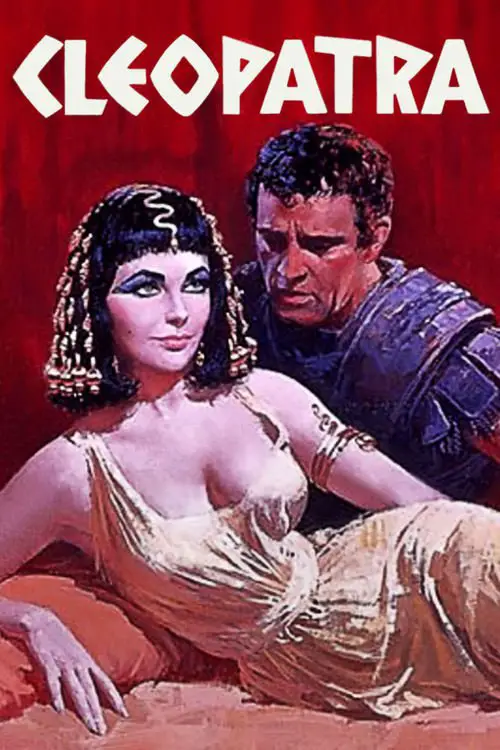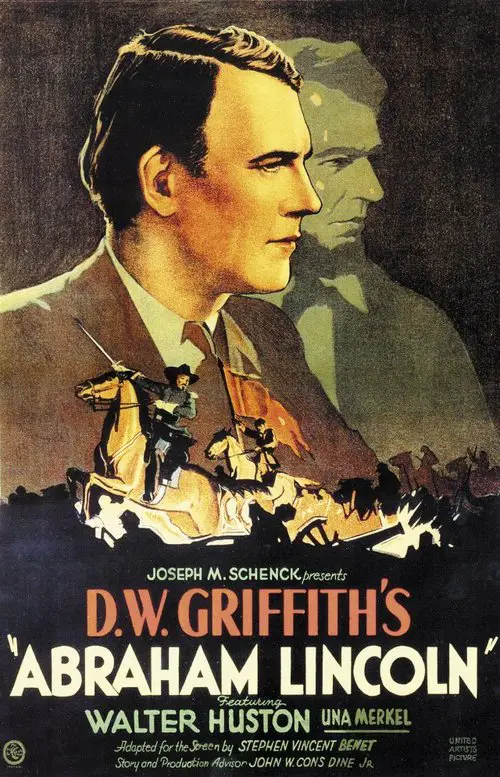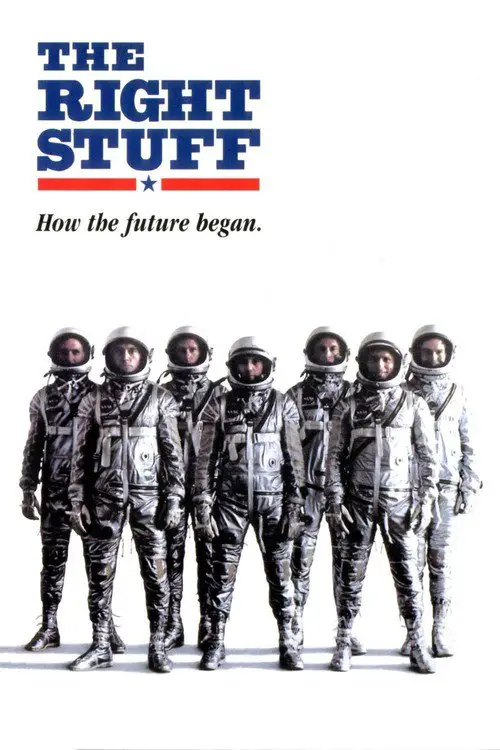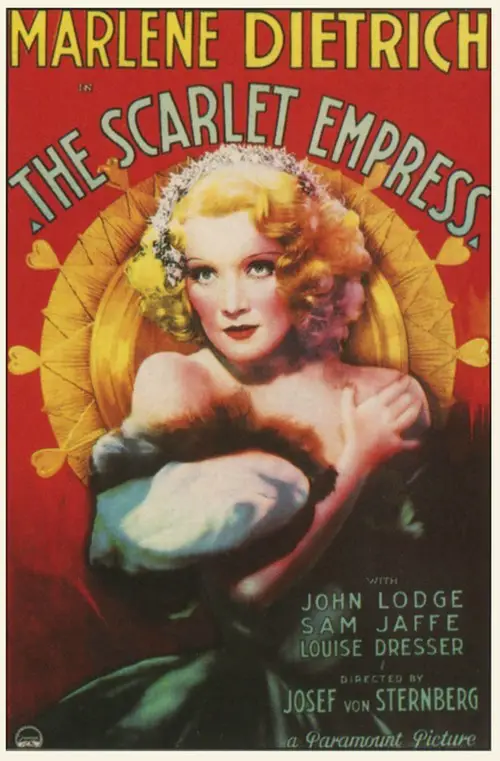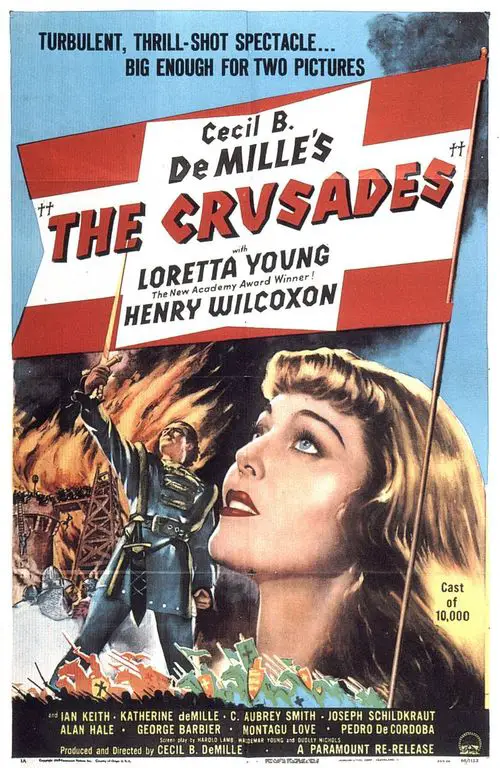Captain Boycott (1947)
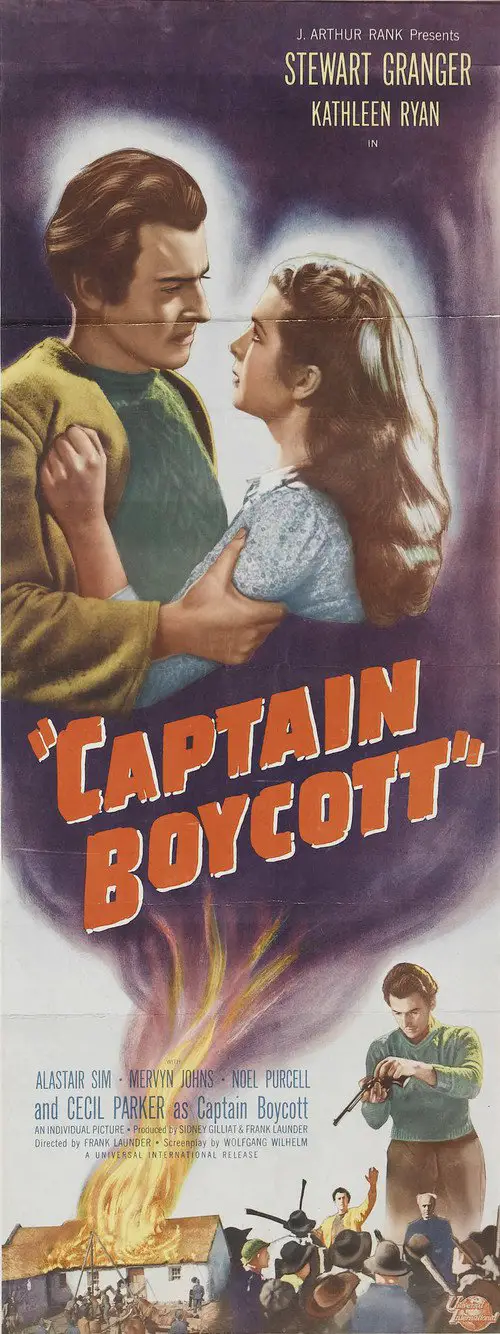
Similar movies
In 1920, workmen of Patagonia (Argentina), grouped into anarchist and socialist societies, decide to strike demanding better working conditions. Among the workers there are numerous European immigrants acting as ideological ferment of their peers. The situation is unsustainable and Yrigoyen government sent from Buenos Aires, Lieutenant Colonel Zavala to impose order ... Based on the book "Los vengadores de la Patagonia trágica", written by Osvaldo Bayer.
Hinrich, the son of a feudal German landowner, falls in love with the beautiful daughter of one of his father's serfs despite opposition from both families. But when he actually offers marriage to her, this is going too far. The return of his brother Detlev, with an unscrupulous aristocratic bride of his own and a rival claim to their father's estates, proves to be the trigger for tragedy.
During Nazi occupation, red-headed Bent Faurschou-Hviid ("Flame") and Jørgen Haagen Schmith ("Citron"), assassins in the Danish resistance, take orders from Winther, who's in direct contact with Allied leaders. One shoots, the other drives. Until 1944, they kill only Danes; then Winther gives orders to kill Germans. When a target tells Bent that Winther's using them to settle private scores, doubt sets in, complicated by Bent's relationship with the mysterious Kitty Selmer, who may be a double agent. Also, someone in their circle is a traitor. Can Bent and Jørgen kill an über-target, evade capture, and survive the war? And is this heroism, naiveté, or mere hatred?
In Paris during WWII, an Algerian immigrant is inspired to join the resistance by his unexpected friendship with a Jewish man. Based on not very known facts about the Muslim community in Paris during WWII, when the Paris Mosque and its dynamic leader played a pivotal role in supporting the resistance and rescuing Jews.
Max Manus is a Norwegian 2008 biographic war film based on the real events of the life of resistance fighter Max Manus (1914â96), after his contribution in the Winter War against the Soviet Union. The story follows Manus â played by Aksel Hennie â through the outbreak of World War II in Norway until peacetime in 1945.
This gripping historical drama recounts the story of Armenian-born Missak Manouchian (Simon Abkarian), a woodworker and political activist who led an immigrant laborer division of the Parisian Resistance on 30 operations against the Nazis in 1943. The Nazis branded the group an Army of Crime, an anti-immigrant propaganda stunt that backfired as the team's members became martyrs for the Resistance. Virginie Ledoyen co-stars as Manouchian's wife.
During the Second World War, a small group of students at Munich University begin to question the decisions and sanity of Germany's Nazi government. The students form a resistance cell which they name the "White Rose" after a newsletter that is secretly distributed to the student body. At first small in numbers and fearful of discovery, the White Rose begins to gain massive support after a Nazi Gauleiter nearly incites a student riot after a provokative speech. At this point, the matter is taken over by the German Gestapo, who pledge to hunt down and destroy the members of the White Rose.
Set in German-occupied Norway, this is an embellished account of the remarkable efforts of the Norwegian resistance to sabotage the German development of the atomic bomb. Resistance fighter Knut Straud enlists the reluctant physicist Rolf Pedersen in an effort to destroy the German heavy water production plant near the village of Rjukan in rural Telemark. In the process, Pedersen discovers that hi
When Norwegian resistance leader Lieutenant Erik Bergman reports the location of a German V-2 rocket fuel plant, the Royal Air Force's 633 Squadron is assigned the mission to destroy it. The plant is in a seemingly-impregnable location beneath an overhanging cliff at the end of a long, narrow fjord lined with anti-aircraft guns. The only way to destroy the plant is by collapsing the cliff on top of it.
True story of Germany's most famous anti-Nazi heroine brought to thrilling, dramatic life. Sophie Scholl stars Julia Jentsch in a luminous performance as the fearless activist of the underground student resistance group, The White Rose. Armed with long-buried historical records of her incarceration, director Marc Rothemund expertly re-creates the last six days of Sophie Scholl's life.
Beijing, 1902: an enterprising young portrait photographer named Liu Jinglun, keen on new technology, befriends a newly-arrived Englishman who's brought projector, camera, and Lumière-brothers' shorts to open the Shadow Magic theater. Liu's work with Wallace brings him conflict with tradition and his father's authority, complicated by his falling in love with Ling, daughter of Lord Tan, star of Beijing's traditional opera. Liu sees movies as his chance to become wealthy and worthy of Ling. When the Shadow Magic pair are invited to show the films to the Empress Dowager, things look good. But, is disaster in the script? And, can movies preserve tradition even as they bring change?
The title is Adolf Hitler's question to his chief of staff Alfred Jodl on the eve of the liberation of Paris (August 25): the military governor of Paris, General Dietrich von Choltitz, had been ordered to destroy Paris rather than let it fall undamaged into the hands of the Allies, but von Choltitz disobeyed.The film follows historical events as U.S. General Dwight D. Eisenhower, head of the Allied invasion, refuses to divert troops to liberate Paris. His hand is forced by the French military leader, Philippe Leclerc, and by a Resistance uprising in the city. Von Choltitz keeps details of the uprising from the German high command in an effort to save the city being destroyed in retaliation. The film follows his turmoil as a soldier and as the man who doesn't wish to be seen by history as the cause of a beautiful city's destruction.
Open City is a landmark in film history. Filmed in secrecy during the Nazi occupation of Italy, the film shows a realistic portrayal of the underground resistance in Italy in 1945. The film has strong impacting imagery with itâs mix of fiction and reality that strengthened Italian Neo-realism and the film industry.
During World War II in the freezing Netherlands winter of 1944/1945 the western Netherlands are in the grip of a famine. Many people move east to provide for their families. Fourteen year old Michiel can't wait to join the Dutch resistance, to the dismay of his father, who, as mayor, works to prevent escalations in the village.
Paradise Road is a 1997 film which tells the story of a group of English, American, Dutch and Australian women who are imprisoned in Sumatra during World War II. It was directed by Bruce Beresford and stars Glenn Close as beatific Adrienne Pargiter, Frances McDormand as the brash Dr. Verstak, Pauline Collins as missionary Margaret Drummond (based on missionary Margaret Dryburgh), Julianna Margulies as American socialite Topsy Merritt, Jennifer Ehle as British doyenne and model Rosemary Leighton Jones, Cate Blanchett as Australian nurse Susan McCarthy and Elizabeth Spriggs as dowager Imogene Roberts. Basing his picture on real events, Bruce Beresford tells the story of a vocal orchestra created by the women in a Japanese P.O.W. camp, a classic survivors' tale extolling women's ability to survive hardship and atrocity through perseverance, solidarity and creativity.
Fr. Hugh O'Flaherty is a Vatican official in 1943-45 who has been hiding downed pilots, escaped prisoners of war, and Italian resistance families. His diplomatic status in a Catholic country prevents Colonel Kappler from openly arresting him, but O'Flaherty's activities become so large that the Nazi's decide to assassinate him the next time he leaves the Vatican. O'Flaherty continues his work in a variety of disguises. Based on a true story. Written by John Vogel
During the Nazi occupation of Czechoslovakia, surgeon Dr. Franticek Svoboda (Brian Donlevy), a Czech patriot, assassinates the brutal "Hangman of Europe", Reichsprotektor Reinhard Heydrich (Hans Heinrich von Twardowski), and is wounded in the process. In his attempt to escape, he is helped by history professor Stephen Novotny (Walter Brennan) and his daughter Mascha (Anna Lee).
Gaston Vandermeerssche is a young, resourceful Flemish action hero of the Belgian resistance during World War II: he coaches surviving allied pilots trough occupied Belgium and France to Spain so they can regain England, each time a dangerous adventure as their poor mastery of local languages and customs add to the ever-present risks of trying to outsmart the Nazi troops and Gestapo agents. After a mess-up in the coordination from London he himself gets caught by the dreaded secret police for ruthless interrogation...
Based on the graphic novel by James Jones, The Thin Red Line tells the story of a group of men, an Army Rifle company called C-for-Charlie, who change, suffer, and ultimately make essential discoveries about themselves during the fierce World War II battle of Guadalcanal. It follows their journey, from the surprise of an unopposed landing, through the bloody and exhausting battles that follow, to the ultimate departure of those who survived. A powerful frontline cast - including Sean Penn, Nick Nolte, Woody Harrelson and George Clooney - explodes into action in this hauntingly realistic view of military and moral chaos in the Pacific during World War II.
Der Baader Meinhof Komplex depicts the political turmoil in the period from 1967 to the bloody "Deutschen Herbst" in 1977. The movie approaches the events based on Stefan Aust's standard work on Die Rote Armee Fraktion (RAF). The story centers on the leadership of the self named anti-fascist resistance to state violence: Andreas Baader, Ulrike Meinhof and Gudrun Ensslin.
The Nazis, exasperated at the number of escapes from their prison camps by a relatively small number of Allied prisoners, relocates them to a high-security "escape-proof" camp to sit out the remainder of the war. Undaunted, the prisoners plan one of the most ambitious escape attempts of World War II. Based on a true story.
Based on the real-life experiences of Ed Horman. A conservative American businessman travels to a South American country to investigate the sudden disappearance of his son after a right-wing military takeover. Accompanied by his son's wife he uncovers a trail of cover-ups that implicate the US State department which supports the right-wing dictatorship.
Thirty years on from the 1984 Union Carbide plant malfunction, the consequences of which are tragically ongoing, A Prayer for Rain is the powerful and moving story of the Bhopal tragedy, one of the great corporate and environmental scandals of the last half-century. It dramatises the dependence of the local community on the chemical plant that will eventually cause catastrophe, and the series of oversights that led to an event that stands as a benchmark for corporate irresponsibility in the developing world.
In 1893, Gandhi is thrown off a South African train for being an Indian and traveling in a first class compartment. Gandhi realizes that the laws are biased against Indians and decides to start a non-violent protest campaign for the rights of all Indians in South Africa. After numerous arrests and the unwanted attention of the world, the government finally relents by recognizing rights for Indians, though not for the native blacks of South Africa. After this victory, Gandhi is invited back to India, where he is now considered something of a national hero. He is urged to take up the fight for India's independence from the British Empire. Gandhi agrees, and mounts a non-violent non-cooperation campaign of unprecedented scale, coordinating millions of Indians nationwide. There are some setbacks, such as violence against the protesters and Gandhi's occasional imprisonment. Nevertheless...
Based on the true story of the 1981 hunger strike in a British prison, in which IRA prisoner Bobby Sands led a protest against the treatment of IRA prisoners as criminals rather than as prisoners of war. The film focuses on the mothers of two of the strikers, and their struggle to save the lives of their sons.
Nathan Algren is an American hired to instruct the Japanese army in the ways of modern warfare -- in this lush epic set in the 1870s, which finds Algren learning to respect the samurai and the honorable principles that rule them. Pressed to destroy the samurai's way of life in the name of modernization and open trade, Algren decides to become an ultimate warrior himself and to fight for their right to exist.
A few decades after the destruction of the Inca empire, a Spanish expedition leaves the mountains of Peru and goes down the Amazon river in search of gold and wealth. Soon, they come across great difficulties and Don Aguirres, a ruthless man who cares only about riches, becomes their leader. But will his quest lead them to "the golden city", or to certain destruction
A humble and simple Takezo abandons his life as a knight errant. He's sought as a teacher and vassal by Shogun, Japan's most powerful clan leader. He's also challenged to fight by the supremely confident and skilful Sasaki Kojiro. Takezo agrees to fight Kojiro in a year's time but rejects Shogun's patronage, choosing instead to live on the edge of a village, raising vegetables. He's followed there by Otsu and later by Akemi, both in love with him. The year ends as Takezo assists the villagers against a band of brigands. He seeks Otsu's forgiveness and accepts her love, then sets off across the water to Ganryu Island for his final contest.
Emma Hamilton is a 1968 historical drama film directed by Christian-Jaque and starring Michèle Mercier, Richard Johnson and John Mills.[1] It was based on the novel La San-Felice by Alexandre Dumas and depicts the love affair between Emma Hamilton and Horatio Nelson. It was a co-production between Italy, West Germany, France and the United States.
Spartacus is a 1960 American historical drama film directed by Stanley Kubrick and based on the novel of the same name by Howard Fast about the historical life of Spartacus and the Third Servile War. The film stars Kirk Douglas as the rebellious slave Spartacus who leads a violent revolt against the decadent Roman empire. The film was awarded four Oscars and stands today as one of the greatest classics of the Sword and Sandal genre.
Historical epic. The triumphs and tragedy of the Egyptian queen, Cleopatra.The winner of four Oscars, this epic saga of love, greed and betrayal stars Elizabeth Taylor as the passionate and ambitious Egyptian queen who's determined to hold on to the throne and seduces the Roman emperor Julius Caesar (Rex Harrison). When Caesar is murdered, she redirects her attentions to his general, Marc Antony (Richard Burton), who vows to take power -- but Caesar's successor (Roddy McDowall) has other plans.
Silent film master D.W. Griffith's first talkie works as a companion piece to his classic BIRTH OF A NATION, providing a detailed biographical sketch of the 16th president. We see his birth in a log cabin, the tragic death of his first love, Ann Rutledge (Una Merkel), his debates with Douglas, his accepting of the presidency, the terrible toll of the Civil War, and finally the tragic assassination at Ford's Theater. Griffith shows his usual meticulous attention to period detail, and the framing of the various vignettes has the feel of historical photographs come to life. Walter Huston is excellent in the title role, with a portrayal that subtly evolves from laconic, wizened rascal to noble elder statesman. This is a fascinating, worthy film, and an interesting historical document in and of itself.
Tom Wolfe's book on the history of the U.S. Space program reads like a novel, and the film has that same fictional quality. It covers the breaking of the sound barrier by Chuck Yeager to the Mercury 7 astronauts, showing that no one had a clue how to run a space program or how to select people to be in it. Thrilling, funny, charming and electrifying all at once.
In 1879, the British suffer a great loss at the Battle of Isandlwana due to incompetent leadership. Cy Endfield co-wrote the epic prequel Zulu Dawn 15 years after his enormously popular Zulu. Set in 1879, this film depicts the catastrophic Battle of Isandhlwana, which remains the worst defeat of the British army by natives, with the British contingent outnumbered 16-to-1 by the Zulu tribesmen. The film's opinion of events is made immediately clear in its title sequence: ebullient African village life presided over by King Cetshwayo is contrasted with aristocratic artifice under the arrogant eye of General Lord Chelmsford (Peter O'Toole). Chelmsford is at the heart of all that goes wrong, initiating the catastrophic battle with an ultimatum made seemingly for the sake of giving his troops something to do. His detached  manner leads to one mistake after another.
© Valossa 2015–2026
| Privacy Policy
